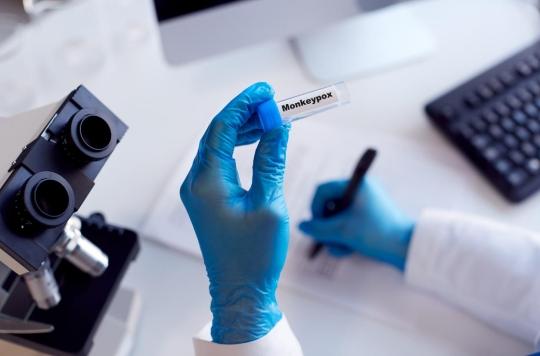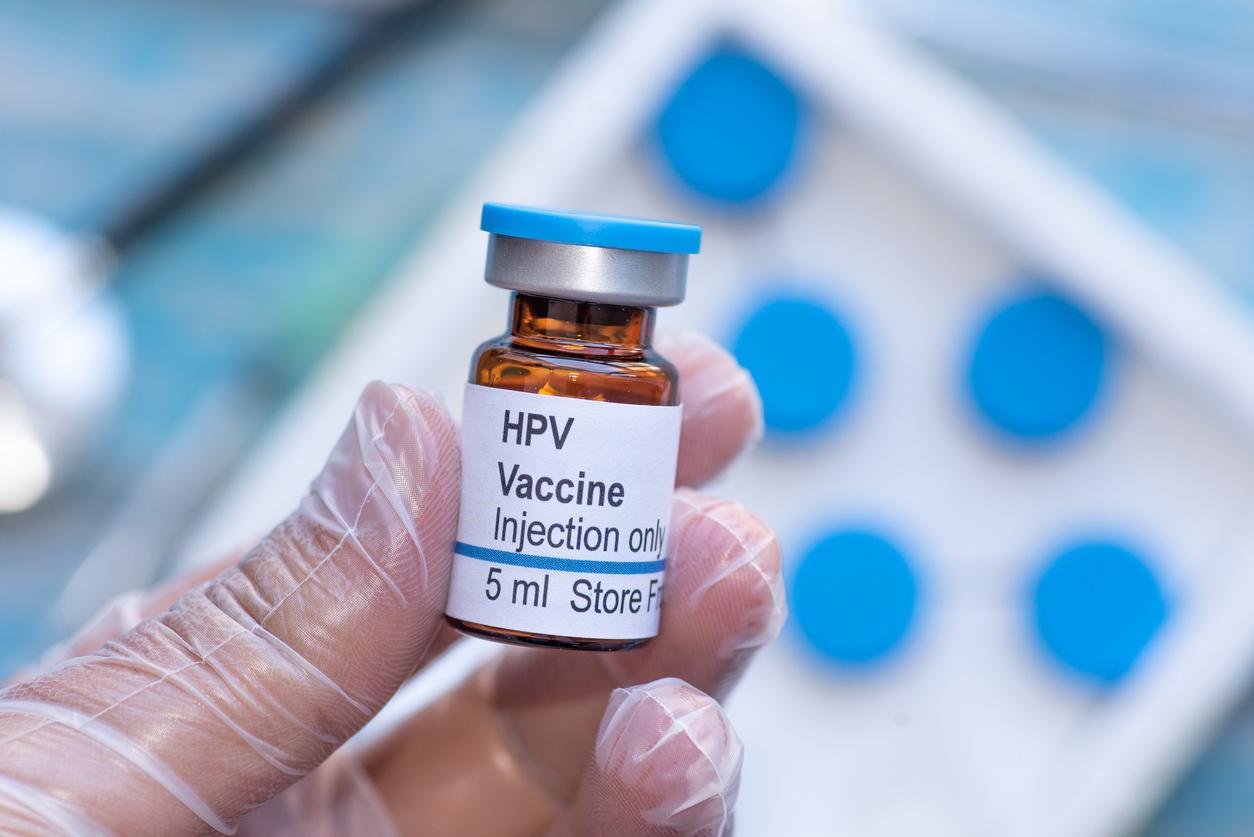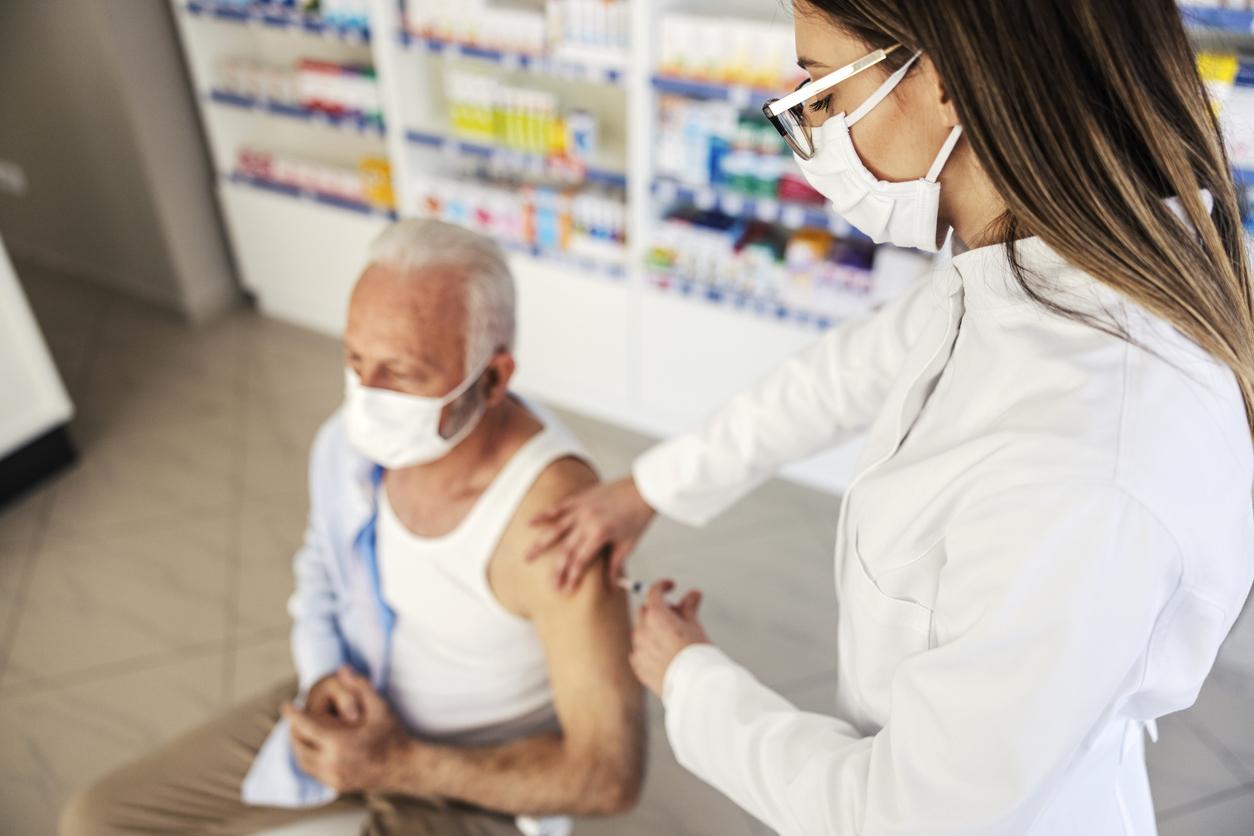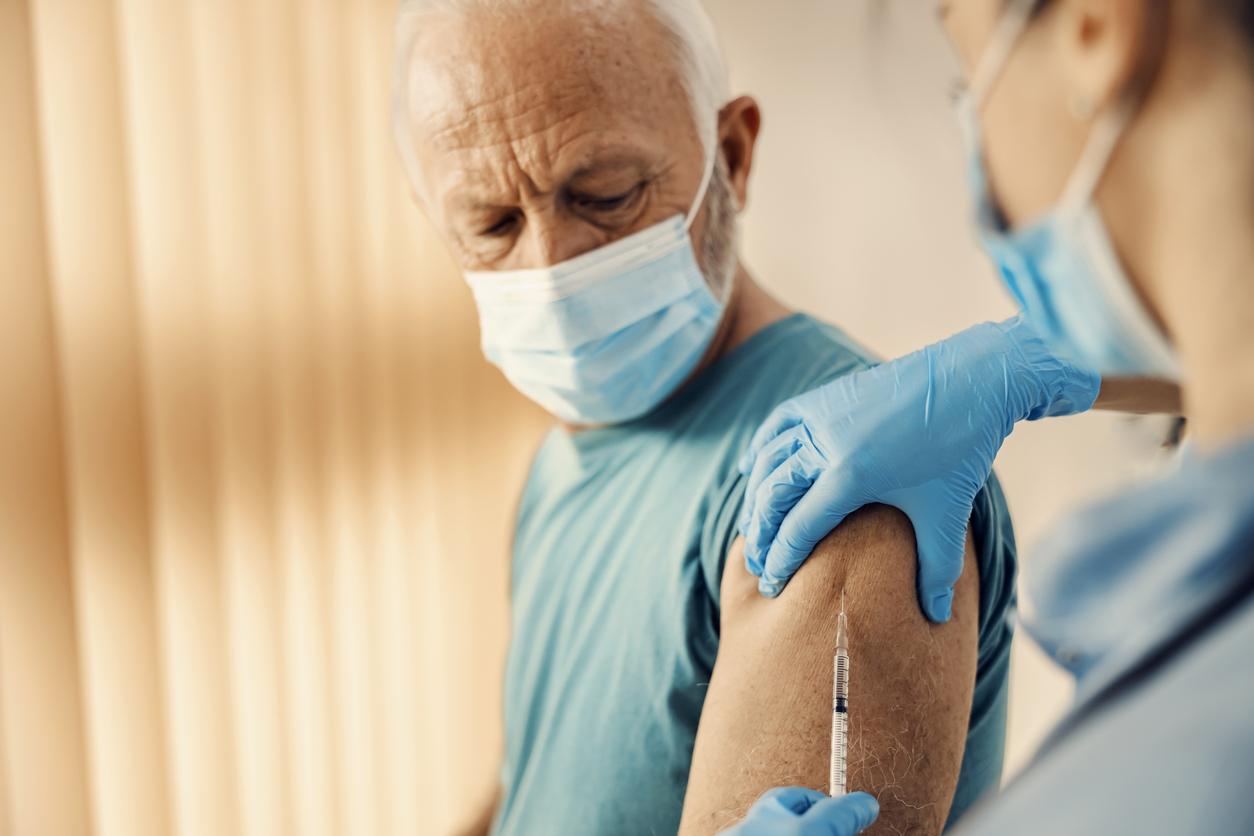While the number of cases is increasing in France, more than 11,000 people have already received a first injection of vaccine against monkeypox.

- The first center dedicated to the vaccine against monkeypox opened this Tuesday, July 26 in Paris.
- In the next few days, more appointment slots should be open.
Today, 1,581 additional people have been vaccinated throughout France. In total, 11,284 people are now protected against (monkeypox)”, indicated François Braun, the Minister of Health, in a tweet posted on July 28.
One, two or three doses
To be fully vaccinated against monkeypox, only one dose is required for people who have already been vaccinated against smallpox when they were children. For others, two doses are needed. Finally, for immunocompromised patients, three doses are recommended.
1,837 cases in France
The vaccination campaign has accelerated in France, with the opening of 118 vaccination centers throughout the territory. One way to respond to the increase in cases. According to update of July 26 published by Santé Publique Francethere are 1,837 confirmed cases of monkeypox in the country. And it is in Île-de-France that the situation is the most worrying: 781 people have been infected with the disease, or 55% of cases whose region of residence is known. Afterwards, we find Occitanie (151 cases, or 11%) and Auvergne-Rhône-Alpes (150 cases, or 10%).
An extension to other categories
The extension of vaccination to the most exposed people, in particular those homosexual, bisexual and multi-partner trans, was decided on July 11 by the government. The Minister of Health has already planned to extend it further to other categories of the population such as health students, doctors and retired nurses.
42,000 doses
We have destocked 42,000 doses, 32,000 are already available, for 7,000 people vaccinated”, explained François Braun, the Minister of Health. According to him, the current system of 118 vaccination centers should allow “to vaccinate without problem with a largely sufficient number of doses”.
I have decided to declare a public health emergency of international concern”, declared Tedros Adhanom Ghebreyesus, the director general of the World Health Organization (WHO) during a press briefing which closed the meeting of the emergency committee of the health body on July 23. This is the seventh time the WHO has resorted to the so-called alert level “public health emergency of international concern (USPPI)” which is used in situations “serious, sudden, unusual or unexpected”.

















